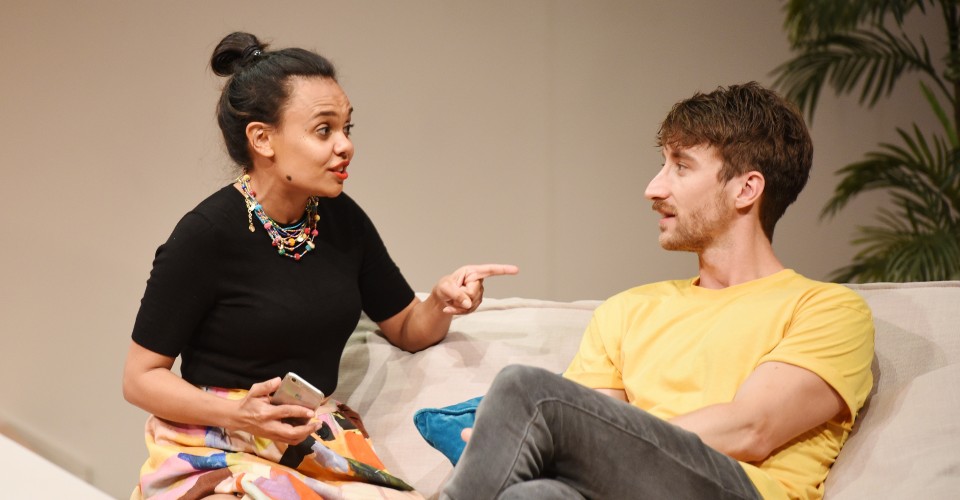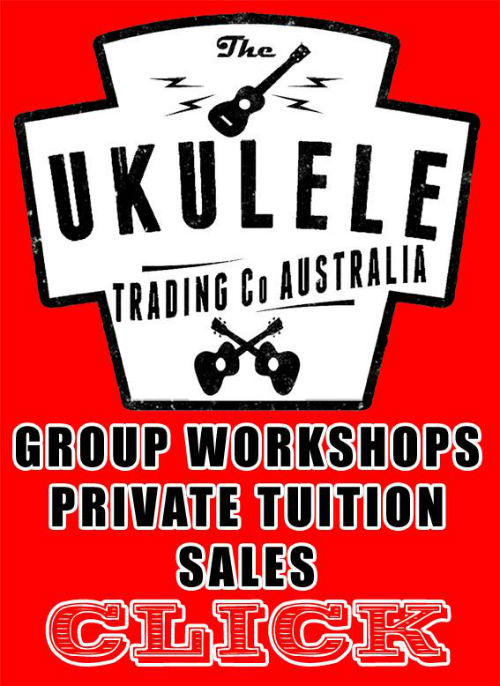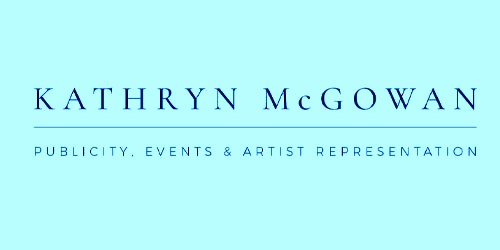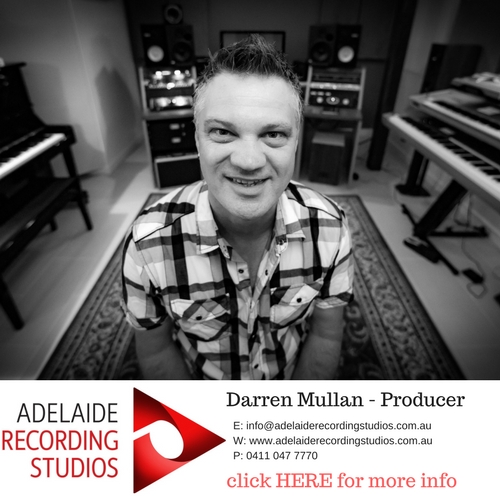[THEATRE ~ AUS]
Dunstan Playhouse, Fri 16 Nov.
Black Is The New White challenges many ideas about Aboriginal society. Its portrayal of a wealthy indigenous family that have it better than most people of any colour in this country may surprise and offend. And much of its humour is derived from a realisation that your own ideas are being turned on their head as you watch, and that some of the points of view expressed are going to upset others. It skittles notions of political correctness along the way, and leaves stereotypes in tatters.
Our delightful narrator for the evening (Luke Carroll) welcomes us all with an infectious lightness and the warmth of an authentic and charming host. He introduces us to Charlotte and Frances who play out a lovely opening scene of a young couple filled with the joy of new love. Their joy is rudely interrupted by the arrival of Charlotte’s parents, who are in turn shocked to learn that their future son-in-law is not black.
Charlotte is an up and coming lawyer and her father Ray is a successful politician and Aboriginal rights activist who loves being provocative and he is not at all impressed with the prospect of his daughter marrying outside the culture. Charlotte’s sister, a successful fashion designer, is even less impressed with this idea and argues that Aboriginal people need to marry within their own ranks to preserve their racial identity.
Everyone is awaiting the arrival of the parents of the white boy (Frances) and we have seen and heard enough already to know this is not going to go well. When it turns out that Frances’ father and Ray Gibson have been sparring partners over racial issues for many years things go from bad to worse very quickly.
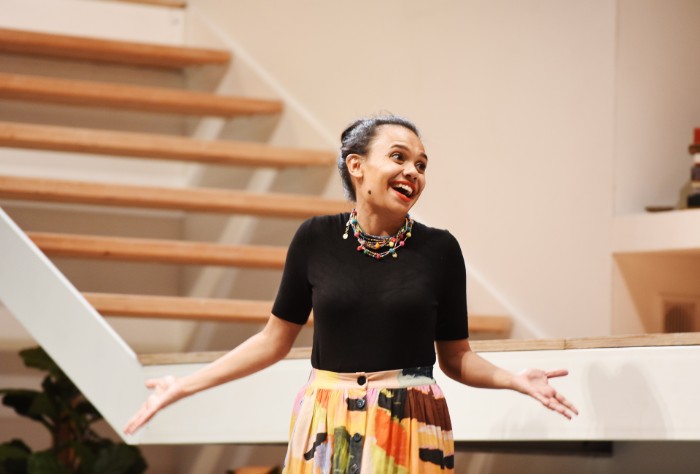
With the arrival of each new couple we are offered different perspectives on being part of a successful Aboriginal family that, in many respects, is far removed from their ‘community’. They are, as Charlotte points out, people of great privilege, and as such may have surrendered any moral authority to speak on behalf of their people.
An exceptionally strong cast helps keep the audience engaged throughout. Miranda Tapsell as Charlotte is wonderfully vivacious as the star-struck lover, and equally articulate in her questioning of her family’s privilege. Frances is lovable as the awkward white fiancée with no real prospects and who knows that apart from Charlotte, he has no allies in this family get together. Geoff Morell is totally convincing as the doddery out of touch politician, and Tuuli Narkle warms to her role as the successful business woman who refuses to feel guilty about her success. But the surprising star of the show in the end is Frances’ seemingly ineffectual mother Marie (Vanessa Downing).
Chaos unfolds as we learn that she has been living a secret Bohemian life that results in her being more accepting of others’ differences than anyone else in either family. Her deceptive naïveté has been hiding some very serious revelations about what people are really like, and is very funny at the same time.
Serious and very funny is a good summary of Black Is The New White. Writer Nakkiah Lui has taken on the task of challenging accepted views of race, culture and values. While dismantling stereotypes she runs the risk of causing offence to those who may hold those stereotypes as their world view. It’s a brave work. The switching between comedy and serious commentary does at times feel a little forced and awkward, but overall it is immensely entertaining and leaves you questioning your own assumptions about race and class in contemporary Australia.
4.5 stars
Michael Coghlan
Black Is The New White continues at Dunstan Playhouse, Adelaide Festival Centre, at various times, until Sat 30 Nov.
Book at BASS on 131 246 and bass.net.au. Click HERE to purchase your tickets.
Images courtesy of Toni Wilkinson
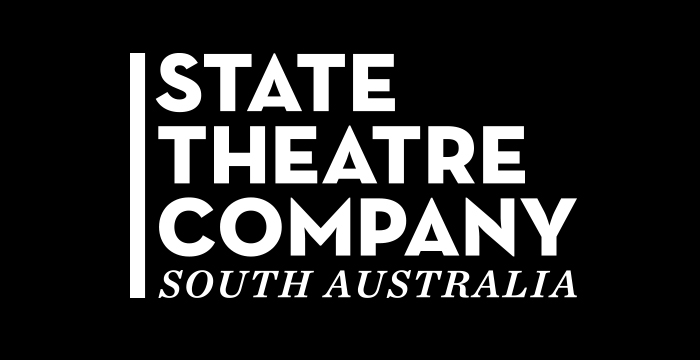
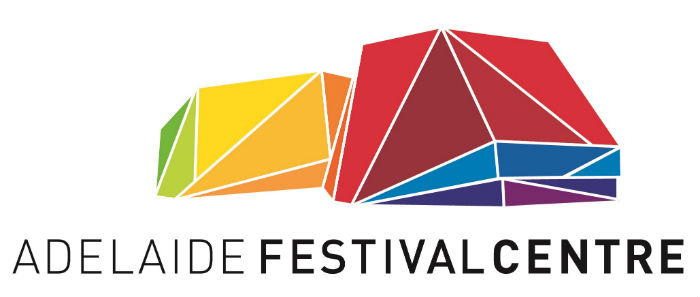
The Clothesline Rating...
Michael Coghlan
Immensely entertaining challenge to assumptions about race and class in contemporary Australia.
